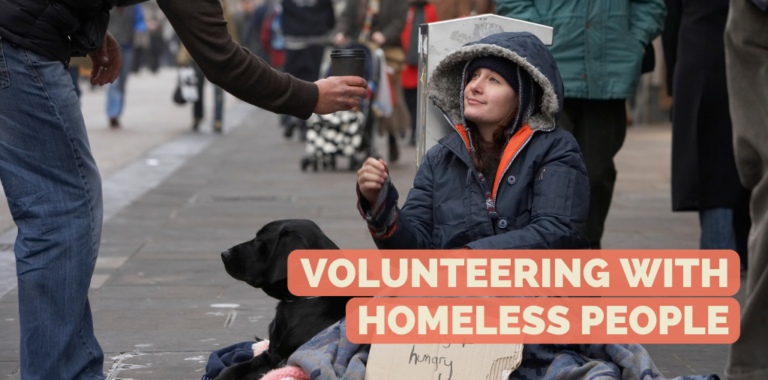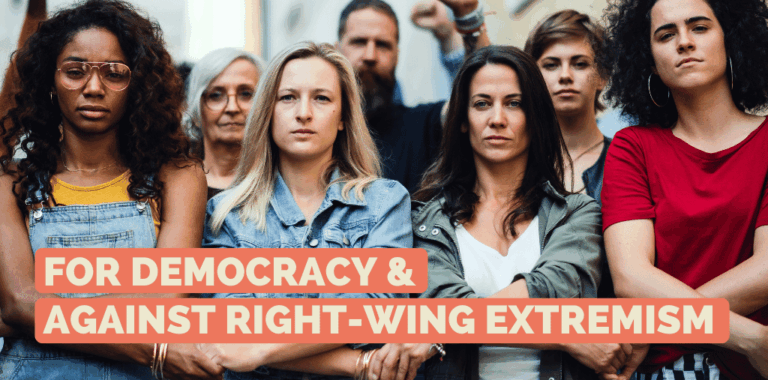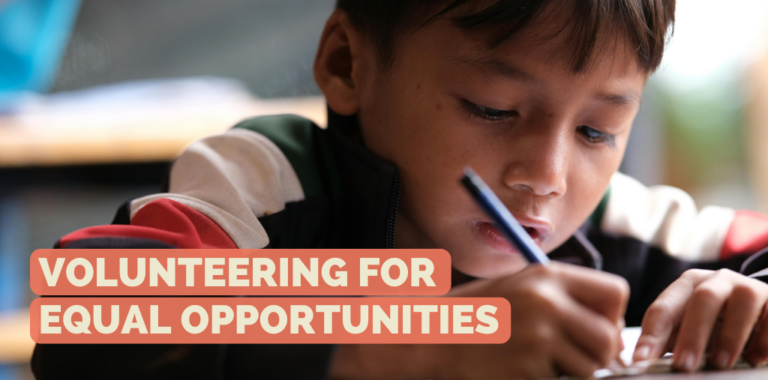Young Commitment in the Digital Age | Third Engagement Report
In recent weeks and months, the Corona crisis has once again made it clear how important commitment is for our society. Under the motto #wearebettertogether numerous neighbourhood or #supportyourlocal initiatives have been formed. And remote and online volunteering opportunities have gained enormous importance. Therefore we can only agree with the following statement of our Federal Minister of Family Affairs:
Commitment makes our society stronger and more worth living in. No matter whether analogue or digital. We see this now more than ever.
DR. FRANZISKA GIFFEY, FEDERAL MINISTER FOR FAMILY AFFAIRS, BMFSFJ
THIRD ENGAGEMENT REPORT
Digital methods have supported, facilitated and in some cases made the commitment possible of recent weeks in many ways.
In mid-May, the third engagement report commissioned by the Federal Government was published with the title “Zukunft Zivilgesellschaft: Junges Engagement im digitalen Zeitalter” (which means “The Future of Civil Society: Young Commitment in the Digital Age”).
It deals with the question of how social participation and voluntary commitment are changing as a result of digitalisation. And what potential and challenges this creates for commitment organisations. But also what significance digital platforms play and what consequences result from this for engagement policy.

In a nutshell: The key statements of the commitment report
1 | Existing forms of engagement are not replaced by forms of digital engagement, but rather supplemented.
- 43.2% of the respondents are considered to be digitally committed, i.e. they carry out their commitment partly, predominantly or even completely via digital media.
- A quarter of young people enter into social commitment via the Internet.
2 | Digitisation expands content and also becomes a topic of commitment itself.
- 29% of young committed people pursue the goal of making the digital world a better place.
- As a result, data protection, the fight against hate speech or, in general, living together in a digitalised world are new topics of commitment.
3 | Commitment organizations perceive digitalisation as a structural change with potentials and challenges.
- Potentials that can facilitate the work of the commitment organisations, for example in public relations, personnel and programme development, recruiting committed people or financing.
- Due to a lack of resources and skills, digitalisation is becoming an additional challenge for some organisations and carries the risk of not being able to use this potential or of losing touch.
4 | Digital platforms are becoming increasingly important in the commitment sector.
- There is a coexistence of internationally established platforms alongside smaller, local and engagement-specific platforms.
- Platforms use a wide range of algorithms and some support special elements of the commitment, e.g: Collecting donations or the placement of volunteers for charitable projects.
- The different platforms have diverse business models and legal forms.
5 | Development towards a digitised civil society – helping to shape digitalisation in society as a whole.
- Designing digital infrastructures and tools is not perceived as a purely technological task, but as a social task.
- In open source and civic tech communities, civil society actors develop and test alternatives to private-sector digital services and thus also their competencies to help shape a digital society.
If we have aroused your interest, you will find the central results and the detailed version of the engagement report here.
Also we from vostel.de were interviewed as experts. Our statements find their place in some places – especially in chapter 5.

We will also be picking out some key messages from the engagement report and posting them on our Facebook and Instagram channels in the coming weeks. So feel free to check back there as well! 🙂
Your team from vostel.de








No Comments yet!